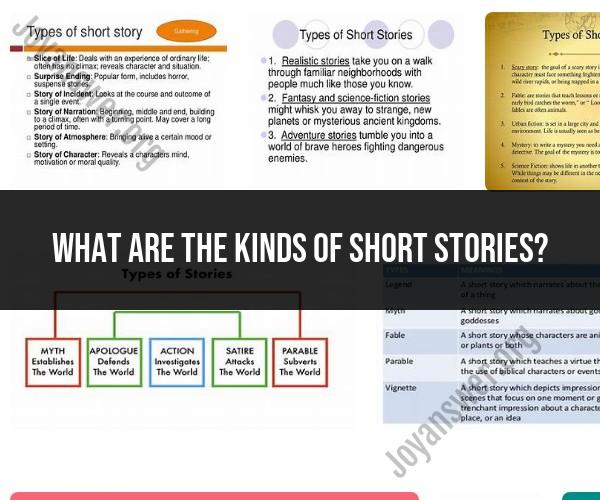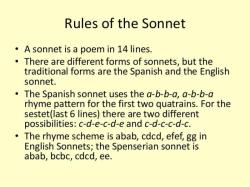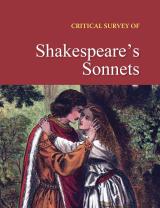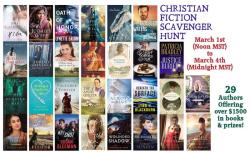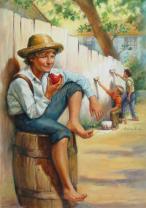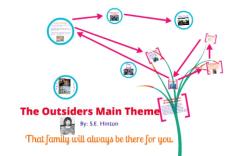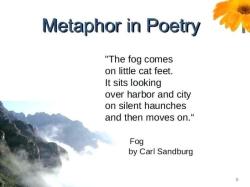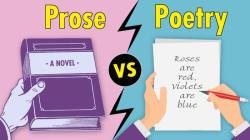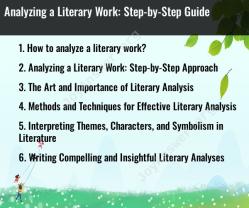What are the kinds of short stories?
Short stories come in various genres and styles, catering to a wide range of tastes and preferences. Here are some common types of short stories:
Mystery: These stories involve a puzzle or enigma that needs to be solved. Mystery short stories often feature detectives, crimes, and suspenseful elements.
Science Fiction: Science fiction short stories explore futuristic or speculative concepts, including advanced technology, space travel, and extraterrestrial life.
Fantasy: Fantasy short stories are set in imaginary worlds and often include magical elements, mythical creatures, and epic adventures.
Horror: Horror short stories aim to evoke fear and dread in readers. They often feature supernatural elements, monsters, and psychological horror.
Romance: Romance short stories revolve around love and relationships. They explore themes of passion, desire, and emotional connection.
Adventure: Adventure short stories are filled with action, exploration, and excitement. They often feature daring protagonists on thrilling journeys.
Historical: Historical short stories are set in the past and aim to capture the essence of a particular time period. They may explore historical events or characters.
Dystopian: Dystopian short stories depict bleak and oppressive future societies, highlighting social or political issues.
Comedy: Comedy short stories aim to amuse and entertain readers through humor, wit, and comedic situations.
Satire: Satirical short stories use humor and irony to criticize or mock societal flaws and human behavior.
Slice of Life: These stories offer glimpses into everyday life and ordinary moments, often focusing on character development and introspection.
Fairy Tale: Fairy tale short stories draw inspiration from folklore and mythology, featuring magical elements, heroes, and moral lessons.
Western: Western short stories are often set in the American Old West and revolve around cowboys, outlaws, and frontier life.
Literary Fiction: Literary short stories prioritize character development, symbolism, and complex themes, often with a focus on exploring human emotions and relationships.
Flash Fiction: Flash fiction stories are extremely short narratives, typically ranging from a few words to a few hundred words. They require concise storytelling.
Crime/Noir: Crime or noir short stories often involve crime, deception, and morally ambiguous characters. They are known for their dark and gritty tone.
Supernatural: Supernatural short stories feature paranormal elements such as ghosts, spirits, and the supernatural forces that affect characters' lives.
Experimental: Experimental short stories push the boundaries of traditional storytelling with innovative narrative structures, styles, and techniques.
Realistic: Realistic short stories depict ordinary life without fantastical or exaggerated elements, focusing on relatable human experiences.
Philosophical: Philosophical short stories explore complex ideas, ethical dilemmas, and philosophical questions through narrative and character interactions.
These are just a few examples of the many types of short stories that authors can create. Each genre and style offers a unique reading experience and allows writers to explore a wide range of themes and concepts.
